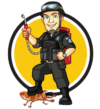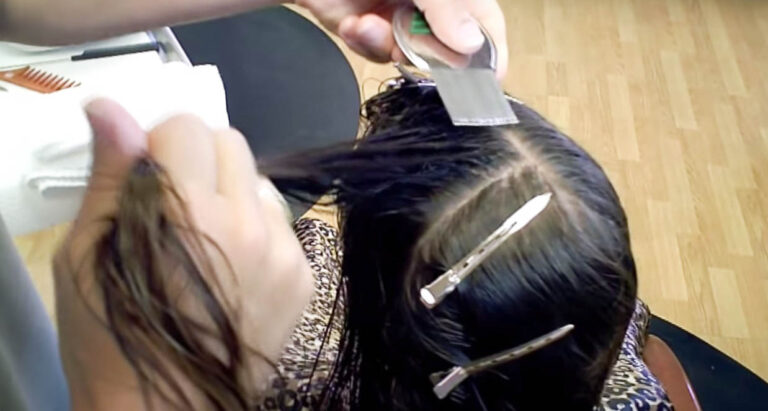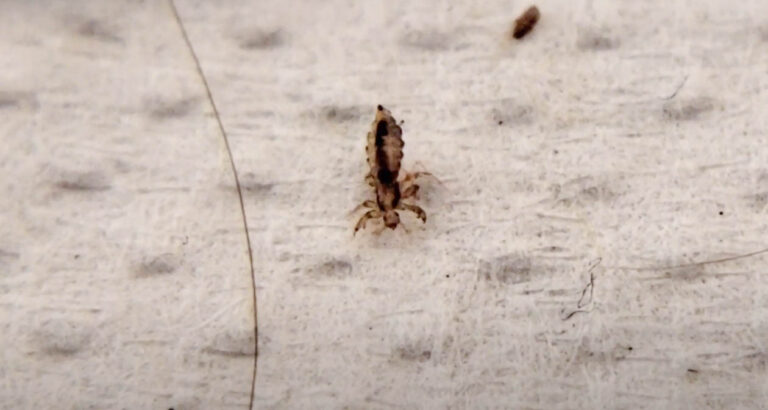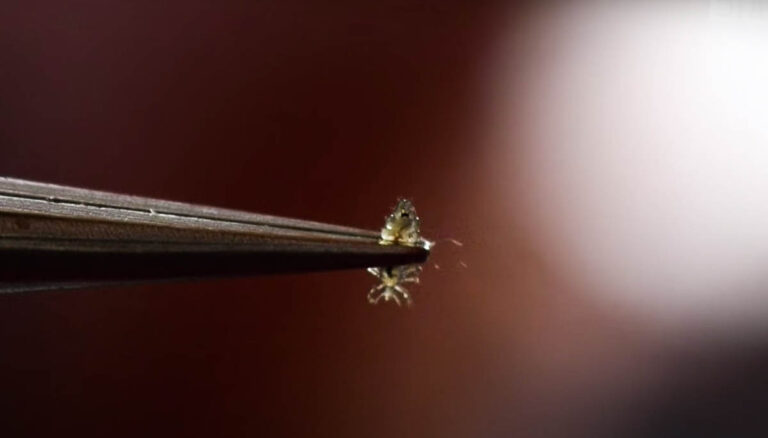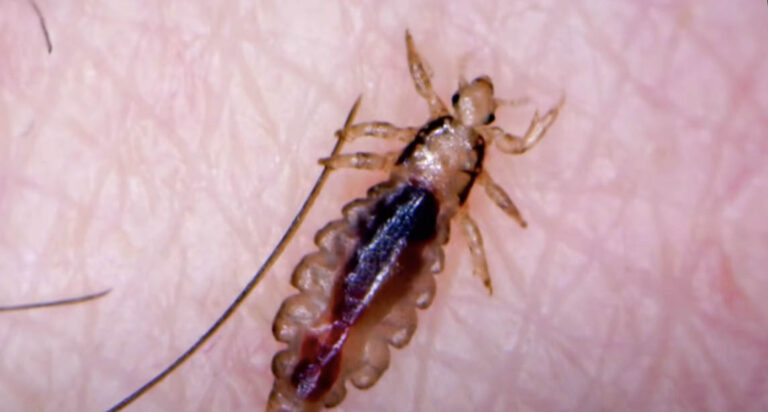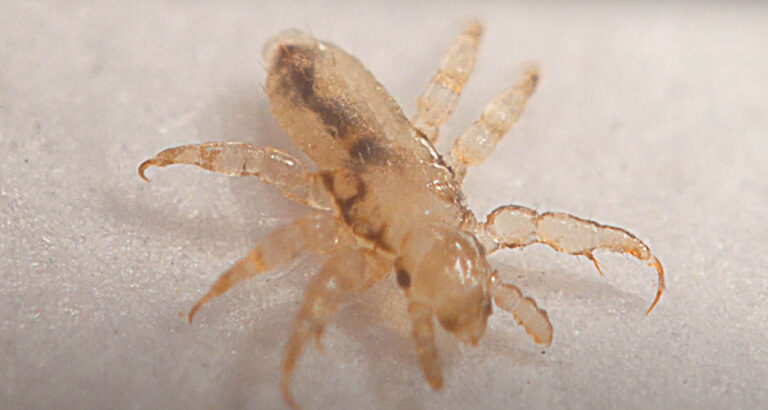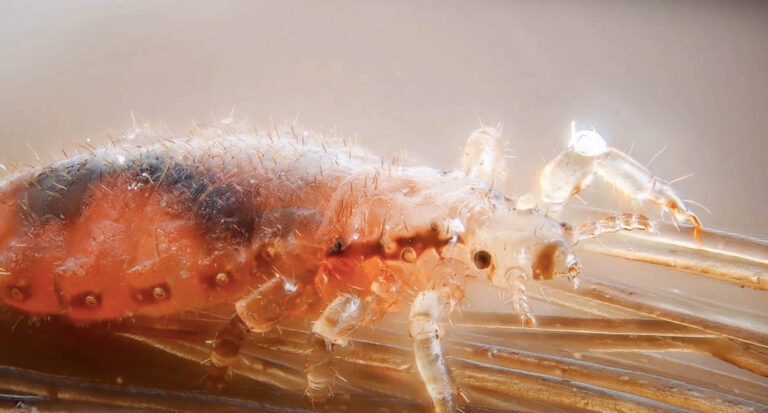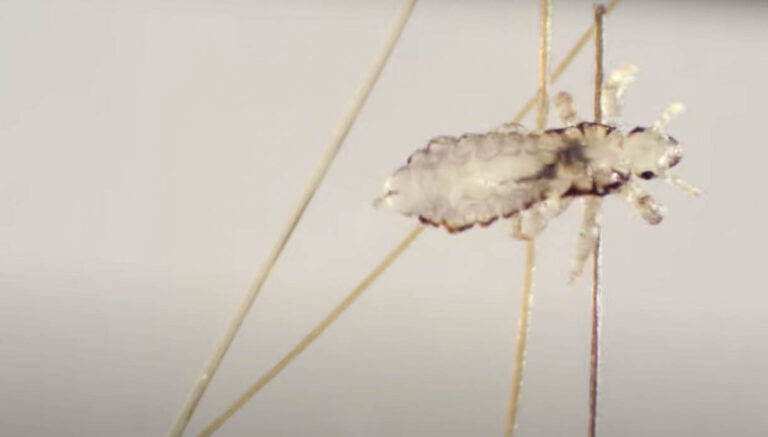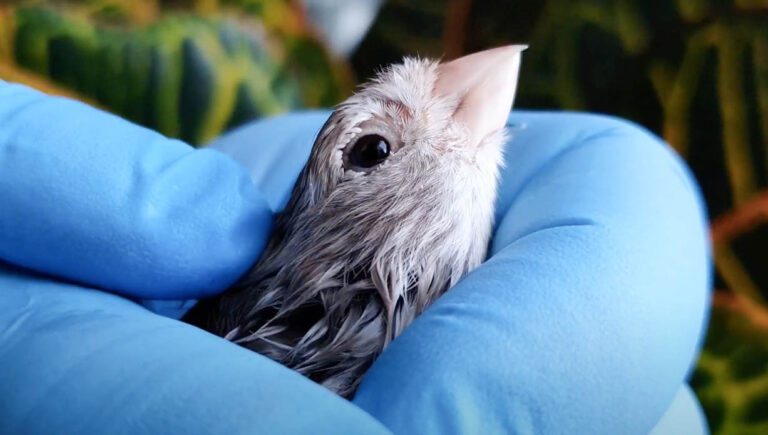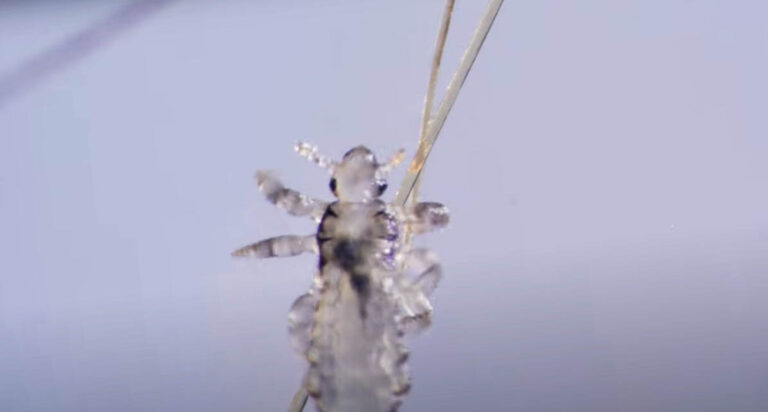How to prevent lice
How to prevent lice
Lice won’t turn into much of a problem when you are able to identify and treat them quickly. Most of the time, lice infestations become troublesome once they start to spread -which happens quite fast mainly because they lay eggs and hatch within short periods of time. One thing about lice is the way they travel. They can only crawl, meaning there are only certain ways for them to transfer to another host. Lice can’t survive underwater too long, neither do they have the ability to jump. Listed below are some of the ways you can prevent catching lice:
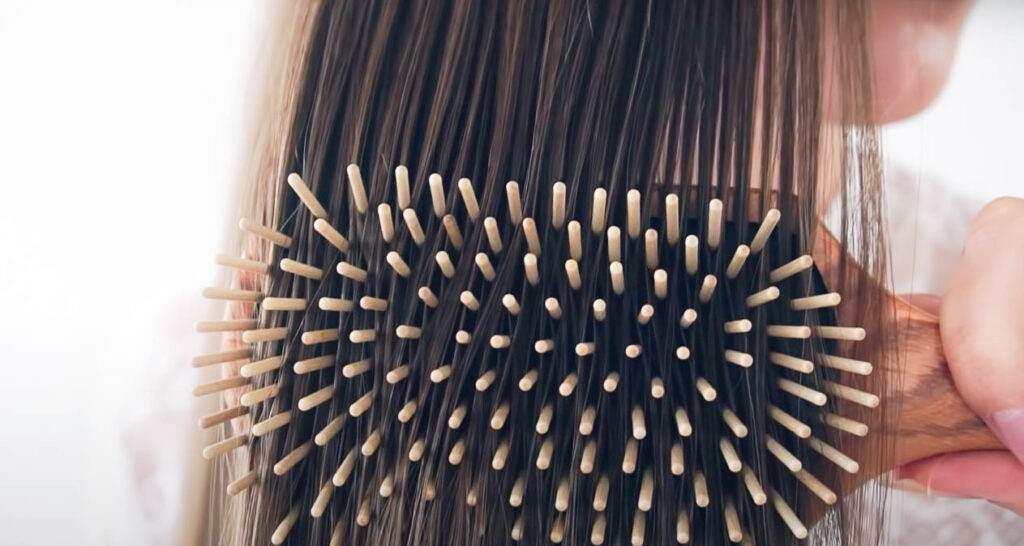
Avoid direct contact with someone who is infested.
The main manner to keep yourself from catching lice is by avoiding any direct contact with a host. For head lice, you should avoid making head-to-head contact. The same goes for body lice along with staying away from places that are too crowded and unsanitary. For crab lice, it can be prevented as long as you don’t make direct sexual contact with a person with pubic lice.
Do not share clothing where lice can likely stay.
It’s important to consider that lice can fall onto other objects, especially personal belongings. One of these includes clothing. Body lice, in particular, attach themselves to the host’s clothing and only travel to the skin when they need to feed. On the other hand, head and pubic lice may possibly fall off onto clothing -which can result in transferring hosts.
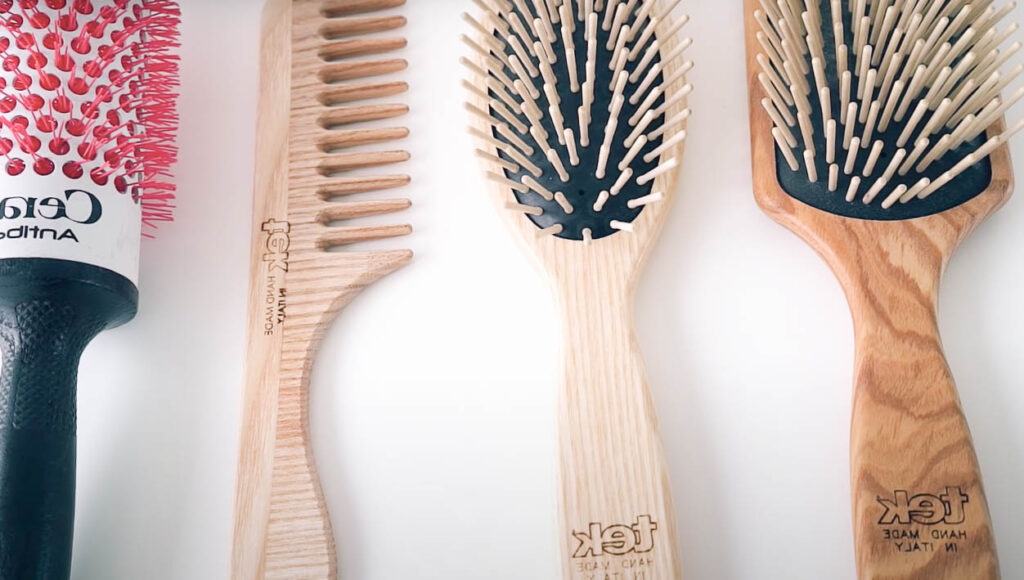
Prevent sharing combs, brushes, or towels.
Another similar instance when lice can spread other than through clothes is in combs or towels. These are often used directly on the head, body, and pubic area which can make it a possible channel for transferring. Compared to other items, these are rather personal, and would be much better to have these separated from other belongings. Head lice sometimes stick to hair that falls therefore they could appear on the strands that get stuck on combs. Lice can stick to towels as well because of the way they are made.
Regularly clean and disinfect your belongings and surroundings.
In connection to preventing direct contact and keeping personal belongings to yourself, you should also practice regularly disinfecting items such as combs, towels, clothing, or even bed sheets. Soaking them in hot water is a common way to ensure that the items are disinfected. If possible, you should also do this with your surroundings. Cleaning the spaces around you is another way to make sure there are no lice laying around. Although they are likely to die when they come off from their host, there is still the possibility for them to transfer to a different host.
Use treatments to control the spread.
Whether you are sure about being infected or not, it’s best to use treatments to ensure they don’t spread. These are usually shampoo-like treatments that contain certain components that kill the lice. In some cases, they also slow down lice and cause them to lose their grip on the skin. However, you will need to use special lice combs to remove nits.
